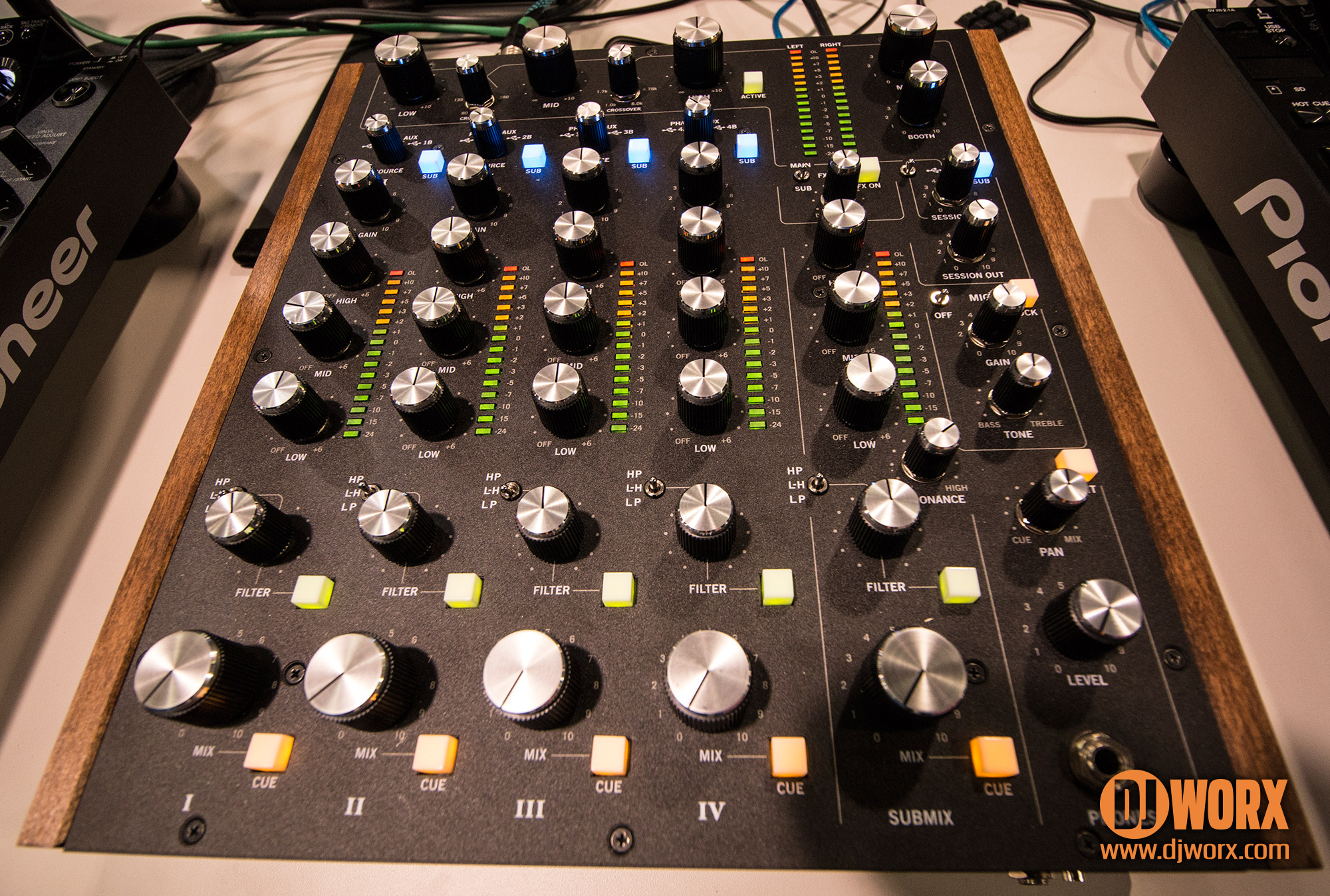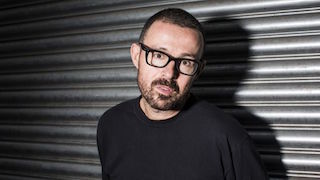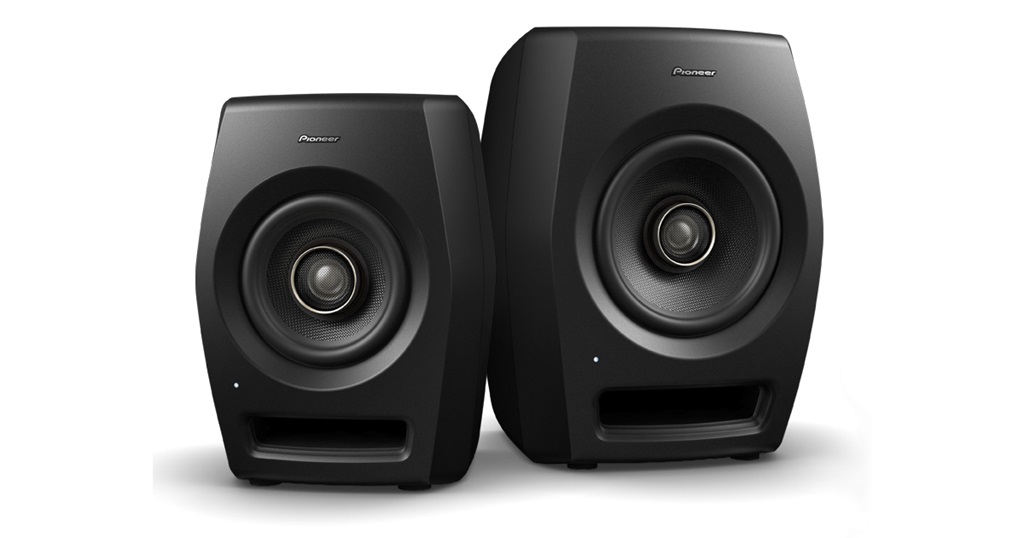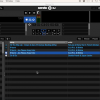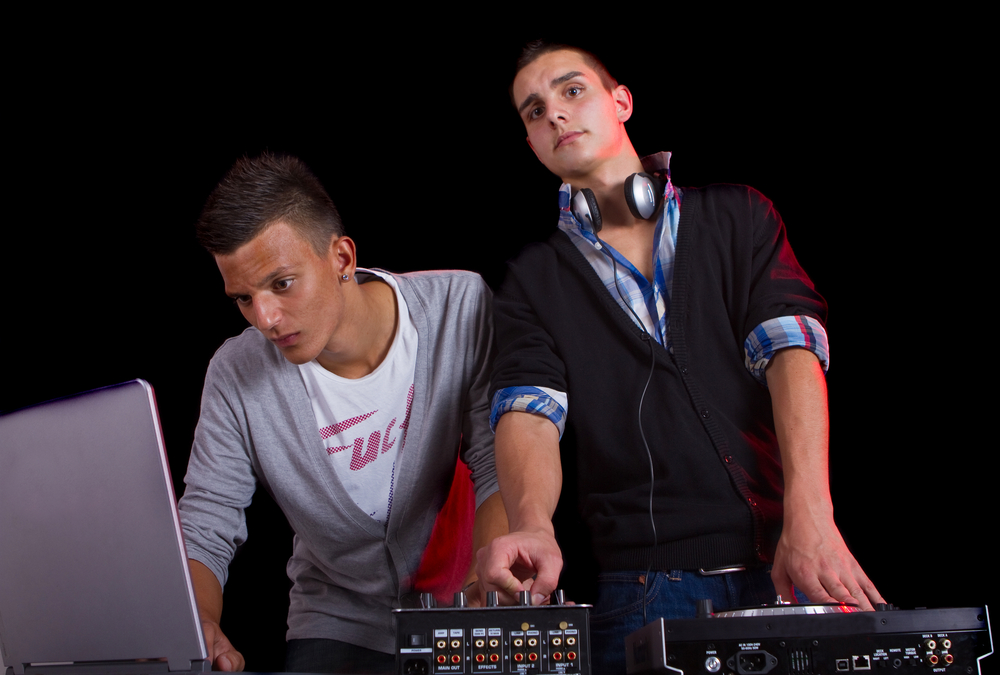 It really is true that all you ever needed to know you learned in kindergarten. Ok, so you probably weren’t DJing till you were at least a little older. That said, it is true that you were taught early on how to get along with others. That little trick alone is one of the most important bits of knowledge you’ll ever pick up.
It really is true that all you ever needed to know you learned in kindergarten. Ok, so you probably weren’t DJing till you were at least a little older. That said, it is true that you were taught early on how to get along with others. That little trick alone is one of the most important bits of knowledge you’ll ever pick up.
Everything’s all well and good if you’re the only DJ on the bill. In that case, the most you might have to deal with is a difficult client or an unruly crowd. Once you figure out how to respond professionally, you’re golden.
Chances are, though, that there will be more than one occasion where you won’t be all by yourself. You’ll have to negotiate time and space with other DJs … on top of the difficult client and unruly crowd. Working with even one other DJ can present a whole slew of challenges that you might never have thought of before.
So, in the interest of peace and sanity, I’ve compiled some etiquette rules that you need to know when you’re working a gig with other DJs.
Be Community-Minded
Here’s the truth: DJs are all basically working for themselves. They’re not preoccupied at all with helping you find more gigs. But, it’s also true that everyone’s looking for more networking opportunities. Don’t look at those other DJs as competition. Everyone is in it together. Just look at how often famous DJs collaborate. Show the other DJs at the event how professional you are and he might shoot some business your way.
Know Your Place
So, you’re up next, and you need to set up. What do you do? First, don’t leave it to the last minute. The DJ occupying the booth is focusing on what she needs to do, and she doesn’t need you elbowing her while you struggle to plug everything in. Go in early; introduce yourself and explain why you’re there, and don’t be a nuisance.
Second, find out who’s DJing ahead of you. Introduce yourself, and let her know you’ll be coming in a bit early to set up. Ask if that’s ok with her. Communicating is less about getting permission than it is about showing someone that you respect their time and the work they do. Join the DJ in the booth when there’s about ten minutes left to her set. Don’t rush around, and make sure you warn the DJ before reaching around her to plug in your computer.
Opener, Not Headliner?
This point is kind of a continuation of the one above. Make sure you’re clear on what role you’ve been hired to play. Are you the opener or the headliner? There’s a real challenge to being the opener. So, make sure you know exactly what’s expected of you. Your job is to get the crowd warmed up. Keep the tempos on the slow side and the volume on the low side. You’ve got to leave the headliner somewhere to go! Respect the natural rhythm of the show, and you’re bound to get called back.
Keep the Peace
It’s inevitable, right? Something will almost always go wrong. Your set start time is being ignored; your, or another DJ’s, equipment isn’t working as it should; the club owner asks you to play different music.
The most important piece of etiquette advice I can offer is to keep yourself from arguing. If it’s a timing issue, let the organizer know that the show will be behind schedule. If the DJ after you has an equipment meltdown, stick around and offer to keep the music playing until he can fix the issue and get on with his routine. The owner who asks you to play something different has his own reasons for doing so. Whether you agree with him or not is beside the point. He’s paying you to do a job, but ultimately he’s the boss. Just do as your asked. Stay professional, unemotional and on good terms with staff and patrons, and you’ll be in everyone’s good books.
Play Nice
It’s true, you’re not at a gig to make friends. You’re there to do your job and make money. But the venue will be full of people in the crowd, other DJs, and certainly staff (including the owner and booking agent). Ask them how they’re doing, if the new puppy’s a handful or where they got that awesome shirt … and listen to the answer. Engage with people, and they will be more than willing to hire you again and recommend you for other gigs.
Making conversation with the people around you, and not just about DJing, will go a long way in making you look good. You’ll find that the simple act of being friendly to everyone will almost guarantee that you’ll be asked back.
In the end, whatever happens will be better dealt with if you make sure you communicate clearly with other DJs or clients and that you remain professional and polite. You’ll be forgiven a lot of things if you just stick to those basic etiquette rules.
Over to you: What etiquette rules do you wish you’d known when you were just starting out?


